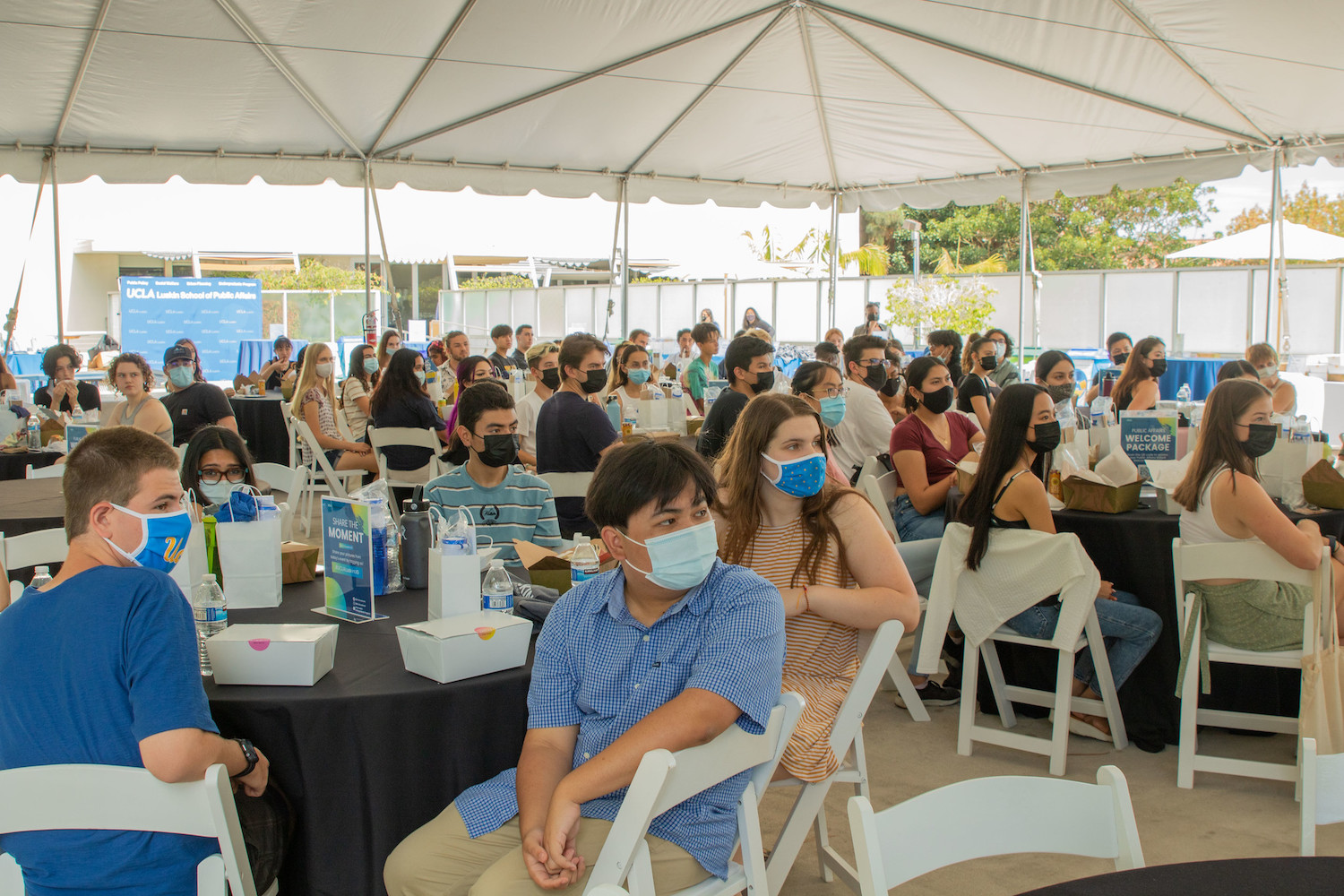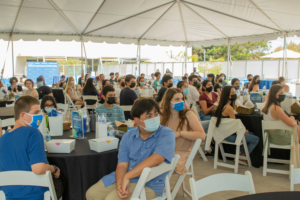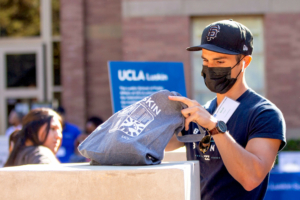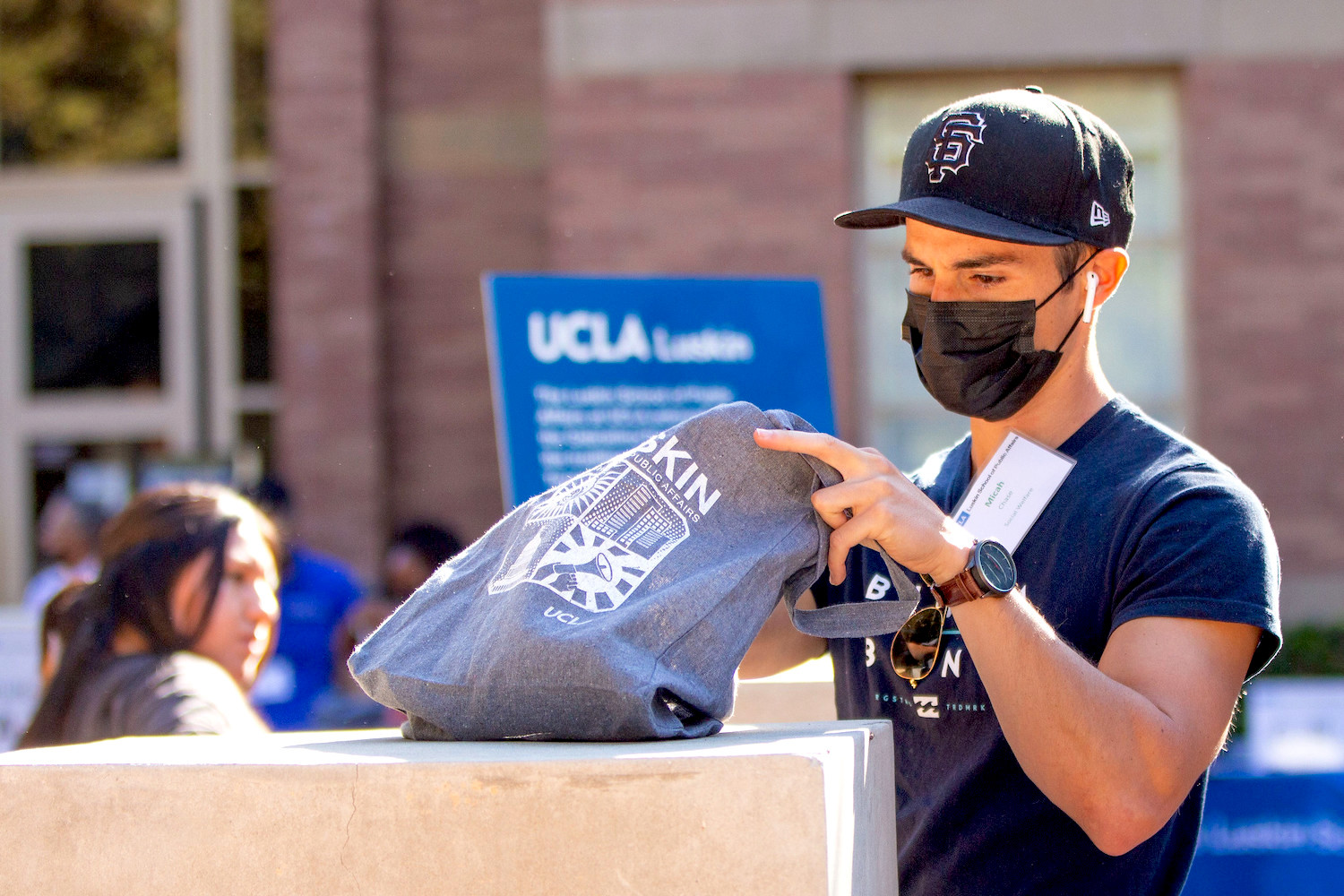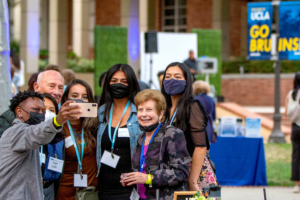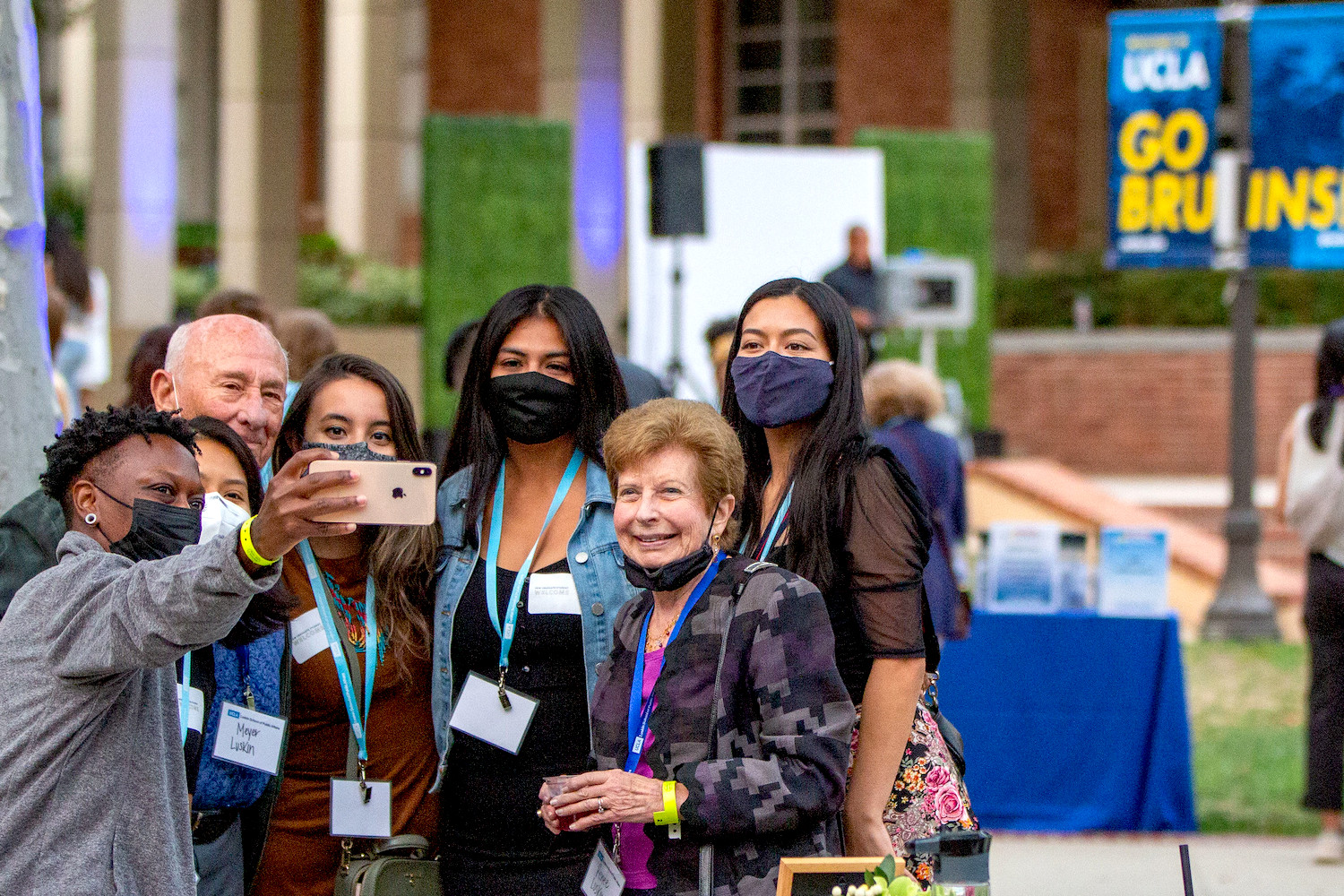Grant to Support LPPI Research on Strengthening Latino Workforce
The UCLA Latino Policy and Politics Initiative (LPPI) has received $750,000 from The James Irvine Foundation to support data collection and research on the impacts of COVID-19 on Latino workers in California. The grant will also support the development of a policy toolkit to improve the capacity of California lawmakers, business leaders and advocates to champion recovery efforts that strengthen the state’s core workforce. “Latinos are the current and future workforce of California and the road to prosperity runs through them. Yet we often lack the data necessary to make the best policy decisions and targeted investments to uplift Latinos,” LPPI Executive Director Sonja Diaz said. “Opportunity and economic mobility for California’s Latinos is necessary for us all to thrive now and far into the future.” Latinos are the largest ethnic/racial group in the country, and a plurality in California, so understanding their contributions to the nation’s social and economic fabric is imperative, Diaz said. She added that providing opportunities to make a living wage and build new skills in a changing economy is critical to a strong recovery in the wake of the COVID-19 pandemic. The Irvine Foundation grant will support data collection focusing on eight areas: demography and population change; climate change and the environment; economic opportunity and social mobility; education; health; housing; child welfare; and voting rights and political representation. “We know that Latinos are essential to California’s future,” said Virginia Mosqueda, senior program officer at the Irvine Foundation. “Supporting UCLA LPPI helps ensure our state leads the nation in offering Latino workers access to economic opportunity.”
